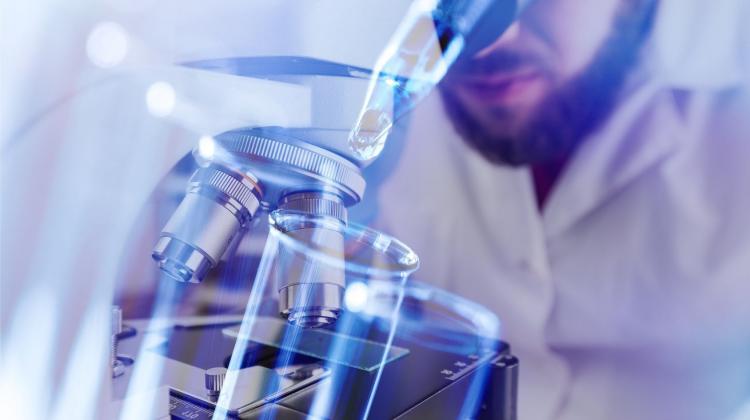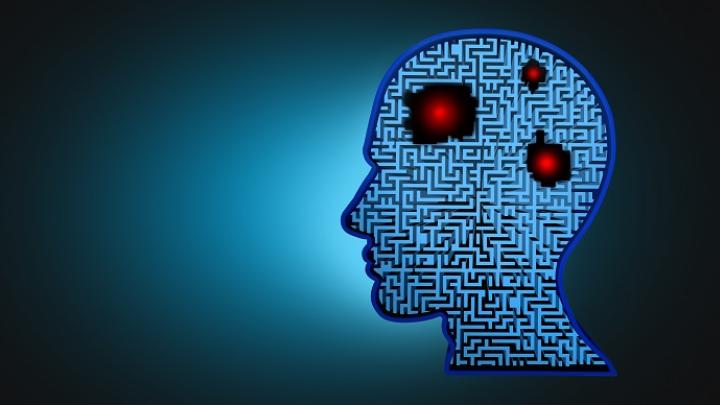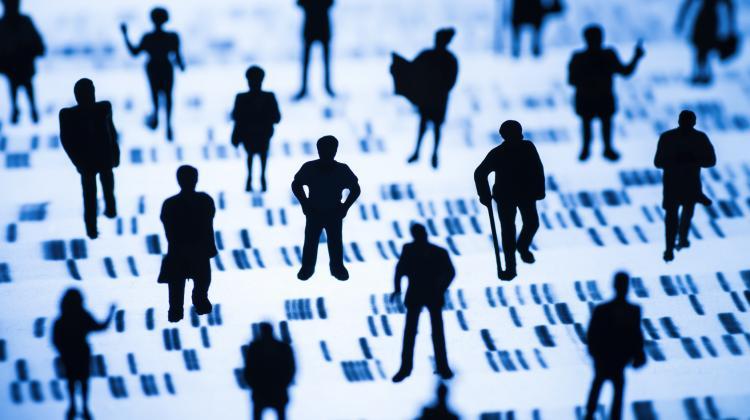Experts: Knowledge About Biobanking, the Future of Medicine, Too Small
 Photo: Fotolia
Photo: Fotolia
Poles know little about biobanking, i.e. collecting, storing and analysing biological material, while in the future it can help combat many diseases, say experts who took part in the biobanking conference last week in Łódź.
"Biobanking is storing samples of biological material and related medical data, processing them and transferring for scientific purposes," explained the head of the Biobank Laboratory at the University of Lodz, Dr. Dominik Strapagiel, one of the participants of the 3rd National Scientific and Training Conference of Polish Biobanks in Łódź.
"This is important because we need samples of biological material from people who struggled or struggle with various diseases. Many arguments for promoting biobanking were provided by drug manufacturers, because it also helps to create new therapies," he added.
Specialists discussed how to promote knowledge about the benefits of biobanking in Poland and encourage people to donate biological material for research.
All participants of the debate which included biobanking specialists and representatives from patient organizations, agreed that the term biobanking and organizations that deal with it are still little known in Poland.
"If we were to present this concept to patients, we could say that biobanking is nothing but blood collection, fractionation, DNA isolation, collection of biological material from tumours, sections of healthy tissue; these are clinical data, the basic component of the biobank database. Another component are the analyses that we do on tissues and the data we obtain from them," emphasized Dr. Jarosław Skokowski from the Medical University of Gdańsk.
He also said that 42 centres are currently involved in the work of the Polish Biobank Network, while in Europe, about 100 million samples are stored in approx. 500 biobanks. Because of the exchange and analysis of data obtained on their basis, it is possible to define new therapeutic goals and develop health forecasts. Biobanking is also used in personalized medicine, i.e. tailoring the treatment method to a particular patient.
"Modern technologies that enable the processing of huge data resources, allow, for example, to study wider phenomena, discover the mechanisms of diseases. Examples include rare diseases that affect several to several hundred people on a national scale. It is difficult to gather material for reliable research; it becomes possible if we use the material collected over several decades. Of course, biobanks are also useful in commonly occurring diseases. The collected data can be shared between research centres and countries to better understand diseases and adjust treatment," said Dr. Maria Libura from the Polish Association of Prader-Willi Syndrome.
Anyone can donate biological material to a biobank, regardless of age and health. Saliva or blood samples are used solely for scientific research on combating dangerous and incurable diseases and creating new drug therapies.
Biobanks guarantee the security of provided data, which is encoded so that no one can connect them to a specific person. Experts believe that data security concerns are one of the major obstacles to biobanking popularity. Overcoming it was one of the topics discussed during the conference in Łódź, organized by the University of Lodz and the BBMRI Research Consortium of the Polish Biobank Network.
The Polish Biobank Network consists of seven such institutions. The BBMRI Research Consortium is a member of BBMRI-ERIC - a European research consortium, established to guarantee the development and controlled access to biobank resources for academic and industrial units. (PAP)
author: Agnieszka Grzelak-Michałowska
agm/ mhr/ kap/
tr. RL
Przed dodaniem komentarza prosimy o zapoznanie z Regulaminem forum serwisu Nauka w Polsce.
















